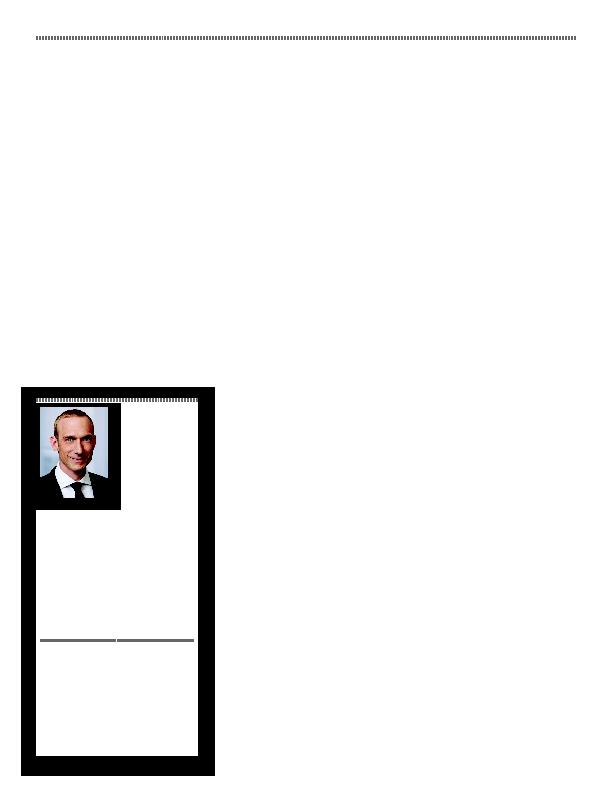
What You Should Know Before Visiting Germany
and the European Union
number of cases in which customs
authorities have carried out targeted cash
controls on travelers. Therefore, a number
of important rules must be considered
when traveling across borders with
EUR 10,000 or more. Traveling with
certain material goods must be reported to
customs when exceeding a defined value.
important. Many travelers correctly
presume that cash must be declared
well known, however, that cash must
also be declared upon leaving for an
international trip. For example, travelers
flying from Germany to the United
States with around EUR 13,000 need
to make two customs declarations: the
first one at the customs office of the
country of departure (Germany), and the
second one at the customs office of the
destination (USA). For this reason, it is
important to identify the customs office's
location in advance. At airports, be it
Frankfurt Airport or London Heathrow,
the declaration is to be made before the
security checkpoint.
Start at Baggage Screening
of the carry-on luggage may already
initiate non-compliance procedures,
with customs offices in general
withholding 25 percent of the carried
amount to cover the expected fine.
Where several people travel
together, further attention should be
paid to how much cash each individual
is carrying. The declaration always
applies to the person carrying the cash.
It is irrelevant whether the money
carried by one person is also intended
for any accompanying persons. If the
money is not declared, customs offices
are rigorous. In this case, the money
should be split prior arriving at the
airport.
the EU. Even if the amount of EUR
10,000 is exceeded, no taxes or duties
it would have been required, fines up to
one million Euro are possible.
Differently
material goods like souvenirs. When
traveling to the Federal Republic of
Germany from a non-EU country via
ship or plane, adults are allowed to
carry undeclared goods worth up to
EUR 430. Children under 15 may only
carry goods worth up to EUR 175.
Goods like tobacco products and liquors
have different limits and are valued
separately.
If these exemptions are exceeded,
goods can be seized and draconian
penalties may be prepared by customs
authorities.
to Tax Evasion
tax evasion, with the latter being handled
by revenue offices. When it comes to
imposing penalties for small offenses,
however, customs authorities far exceed
what is imposed by revenue offices for
comparable offenses.
Using Frankfurt am Main, Germany,
as an example, the revenue and finance
authorities impose penalties in the form
of "daily rates" for smaller tax evasion
offenses. The person concerned has a
choice of either paying the assessed daily
rate or spending 24 hours in custody for
each rate. The overwhelming majority
decide to make the payment.
The amount of the daily rate depends
on the person's individual income
situation and varies between EUR 1
tax law, fiscal offenses and tax frauds. He also
advises individuals, businesses and nonprofit
organizations on all aspects of the German
sales tax law, income tax law, corporate tax law,
commercial tax law, estate tax law, the tax code
and the customs code.
Tower 185
Friedrich-Ebert-Anlage 35-37
D-60327 Frankfurt am Main
Germany
+49.69.76.75.77 810 Fax
winheller.com/en